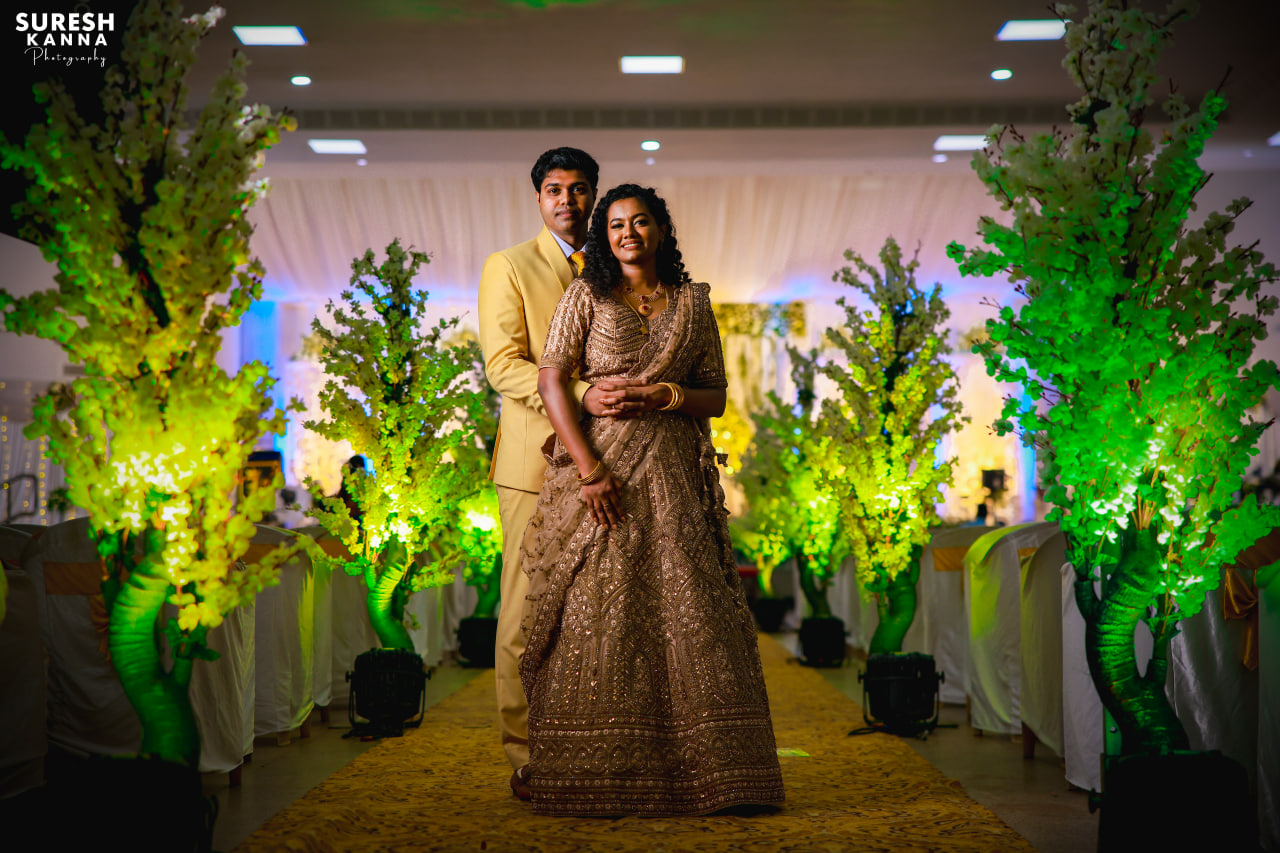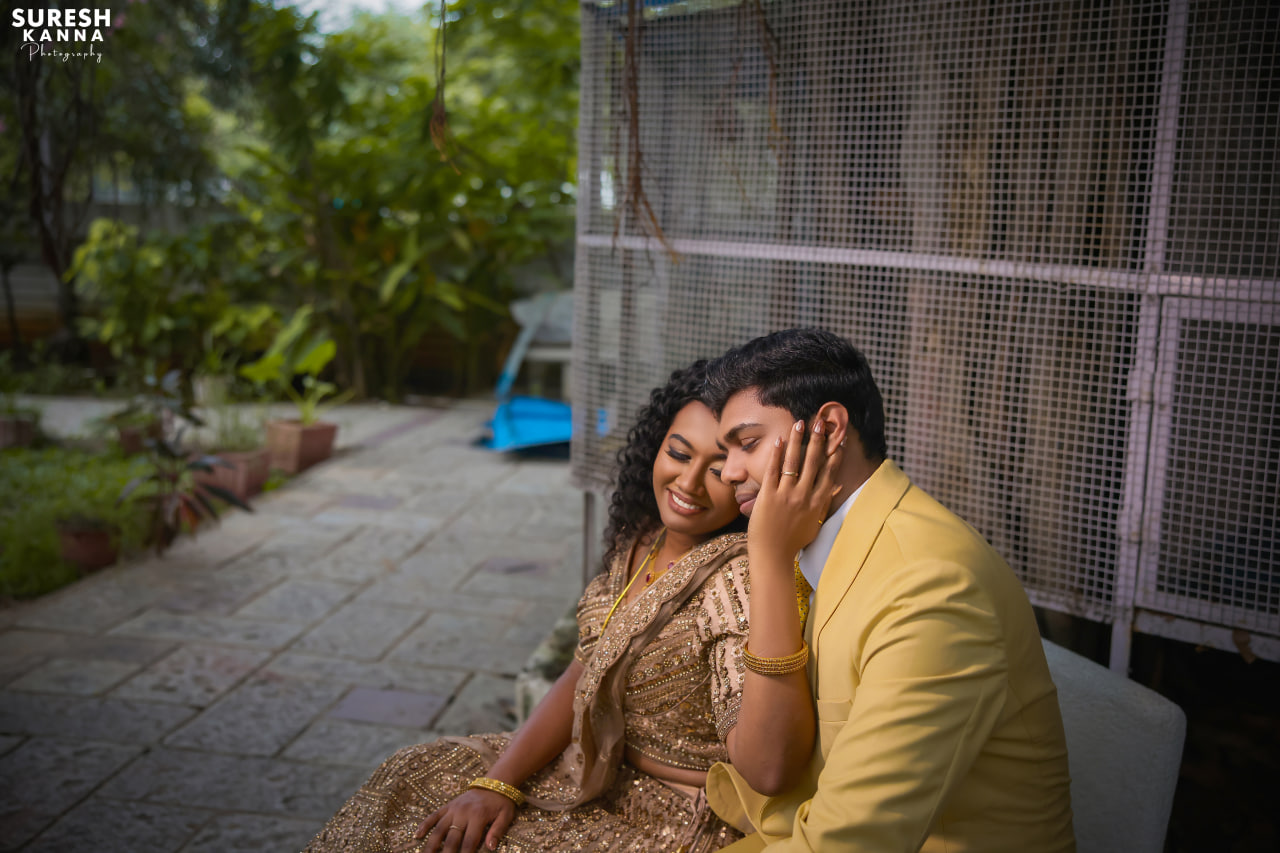- Home
- Weddings
- Ceremony Snaps
- Ayushhomam / Apdhapoorthi
- Upanayanam
- Baby shower / Cradle ceremony
- Ear piercing
- 25th anniversary
- 50th anniversary
- 60th Sashthiabthapoorthi
- 70th Beemaradhashanthi
- 80th Sadhabhishekam
- 90th Kanagabhishegam
- 100th Purnaabhishekham
- Bharathanatya arangetram
- Housewarming / Portraits
- Kids / Baby shoots / Birthday
- Puberty ceremony
- Home
- Weddings
- Ceremony Snaps
- Ayushhomam / Apdhapoorthi
- Upanayanam
- Baby shower / Cradle ceremony
- Ear piercing
- 25th anniversary
- 50th anniversary
- 60th Sashthiabthapoorthi
- 70th Beemaradhashanthi
- 80th Sadhabhishekam
- 90th Kanagabhishegam
- 100th Purnaabhishekham
- Bharathanatya arangetram
- Housewarming / Portraits
- Kids / Baby shoots / Birthday
- Puberty ceremony
- Commercials / Events
- Locations
- Others
What is a Christian Wedding and Its Traditions?
Christian Wedding
A Christian wedding is a profound celebration of love and faith, marking the union of two individuals before God. Rooted in Biblical traditions, these ceremonies are rich with rituals that symbolize spiritual commitment and devotion. Here are ten important Christian wedding traditions that add depth and significance to the ceremony:
1. THE GROOM ENTERS CHURCH FIRST Traditionally, the groom arrives at the church before the bride. This time-honored practice underscores the role of the groom in waiting for his bride, a tradition that has stood the test of time and remains central to many Christian weddings.
2. FATHER GIVING AWAY HIS DAUGHTER The act of the father walking his daughter down the aisle and giving her away at the altar is a deeply cherished tradition. It symbolizes the transfer of care and responsibility, reflecting a gesture of love and support.
3. THE EXCHANGE OF RINGS Exchanging wedding rings is a classic tradition that symbolizes the eternal nature of marriage. The circular shape of the rings represents an unending bond, a promise of lifelong commitment and love.
4. THE WEDDING DRESS The white wedding dress, often worn by the bride, represents purity and new beginnings. This tradition transcends many cultures and religions, symbolizing the bride’s transition into a new phase of life.
5. TYING THE KNOT The phrase “to tie the knot” symbolizes the binding of the couple’s lives together. This ancient tradition signifies the couple’s union and commitment to one another.
6. SONGS Music plays a significant role in Christian weddings, with hymns and songs adding a spiritual and celebratory atmosphere. Singing is a way to express joy and invoke blessings during the ceremony.
7. HOMILY The wedding homily involves reading Biblical scripture that reflects the values of marriage. Delivered by the officiant or a chosen reader, the homily provides spiritual guidance and blessing for the couple.
8. BRIDAL VEIL The bridal veil represents modesty and purity. Traditionally, it symbolizes the bride’s chastity and her transition into married life, reflecting the sacred nature of the ceremony.
9. THE WEDDING RECEPTION The wedding reception is a celebratory gathering where the newlyweds are honored. It often includes a blessing before the meal and serves as an opportunity for family and friends to share in the joy of the couple’s union.
10. UNITY CANDLE CEREMONY The unity candle ceremony involves the bride and groom each lighting a separate candle before together lighting a central candle. This ritual symbolizes the merging of their lives into one and is a modern addition to many Christian weddings.
Why Choose Us for Your Christian Wedding?
We specialize in capturing the sacred and celebratory moments of your Christian wedding. With over 33 years of experience, we are skilled in documenting each cherished tradition, from the poignant moment of the father giving away his daughter to the unity candle ceremony. Our deep understanding of Christian wedding customs ensures that every photograph reflects the elegance, reverence, and personal significance of your special day. Trust us to preserve the beauty and spiritual depth of your wedding with artistry and respect, creating timeless memories that you and your loved ones will treasure forever.


Elegant Christian Wedding Photography
Christian weddings are a profound expression of love, commitment, and faith. Rooted in rich traditions and spiritual devotion, these ceremonies celebrate the union of two souls. Held within the sacred space of a church, the ceremony unfolds as a heartfelt journey, guided by the blessings of faith.
The exchange of vows, a solemn promise made before God and loved ones, is the cornerstone of the Christian wedding. As rings are exchanged, symbolizing eternal love, the couple embarks on a lifelong commitment. The culminating moment, the declaration of husband and wife, is a joyous affirmation of their union. Beyond the ceremony, Christian weddings are filled with moments of profound connection, hope, and shared faith. These are the treasures we strive to capture.
Why choose us? With extensive experience in wedding photography and a deep appreciation for the Christian faith, we provide exceptional services that highlight the beauty and solemnity of your special day. Our skilled photographers use the latest techniques to ensure every cherished moment is captured with clarity and elegance. Trust Sureshkanna Photography to turn your Christian wedding into timeless memories you will treasure forever.
Your Questions, Our Answers
Let's Collaborate
Curious about our offerings, eager to book a session, or seeking details? Engage with us at Sureshkanna Photography—we’re excited to embark on this creative journey with you! Whether you’re planning a wedding, a special event, or just looking for beautiful memories to capture, we’re here to make it happen. Reach out, and let’s create something unforgettable together!
We believe every picture tells a story. With a passion for photography and a commitment to excellence, we capture timeless memories that you can cherish forever. From weddings to corporate events, portraits to product photography, we bring creativity and precision to every shot.


